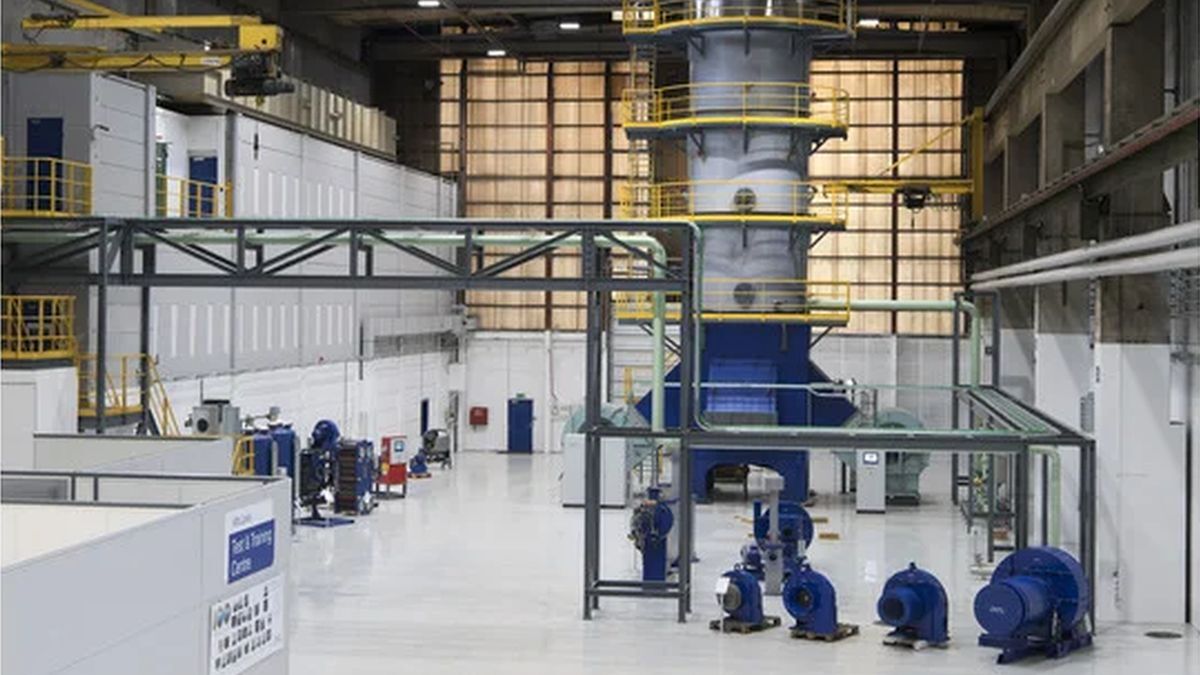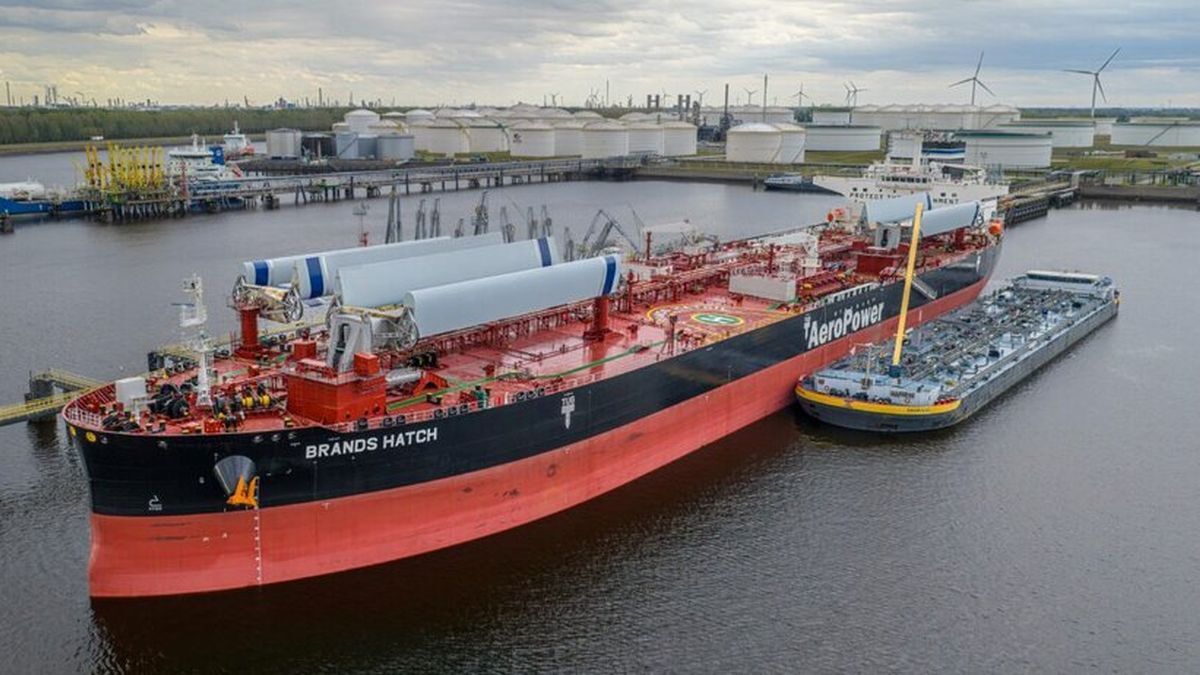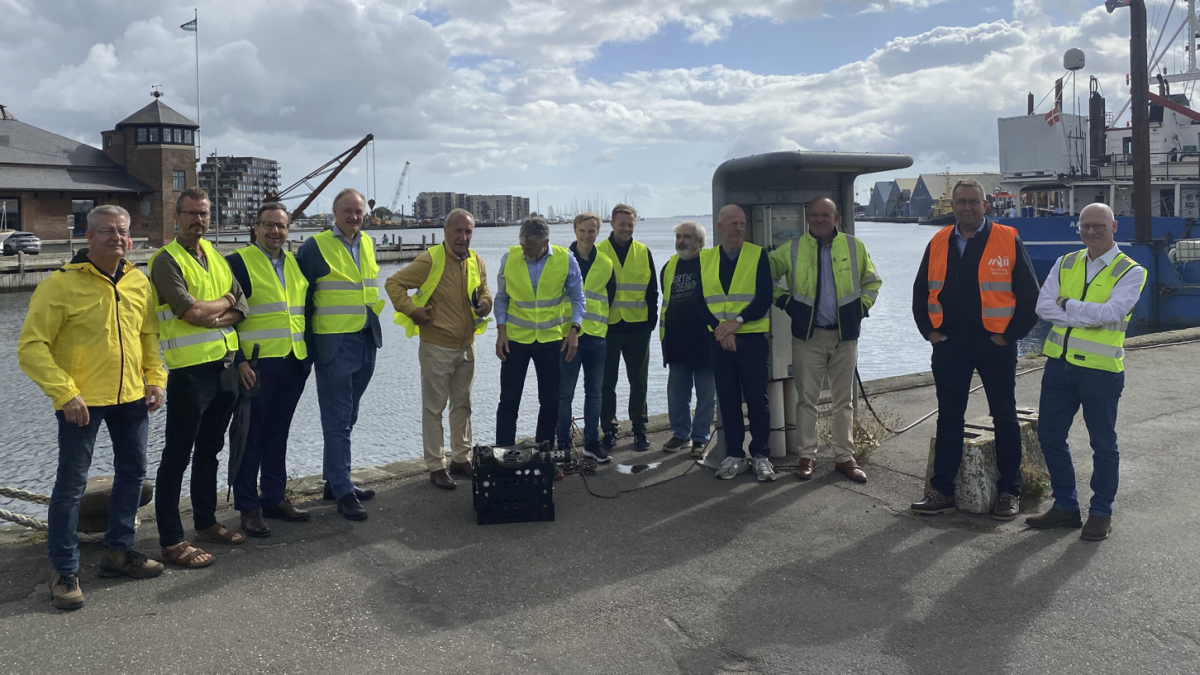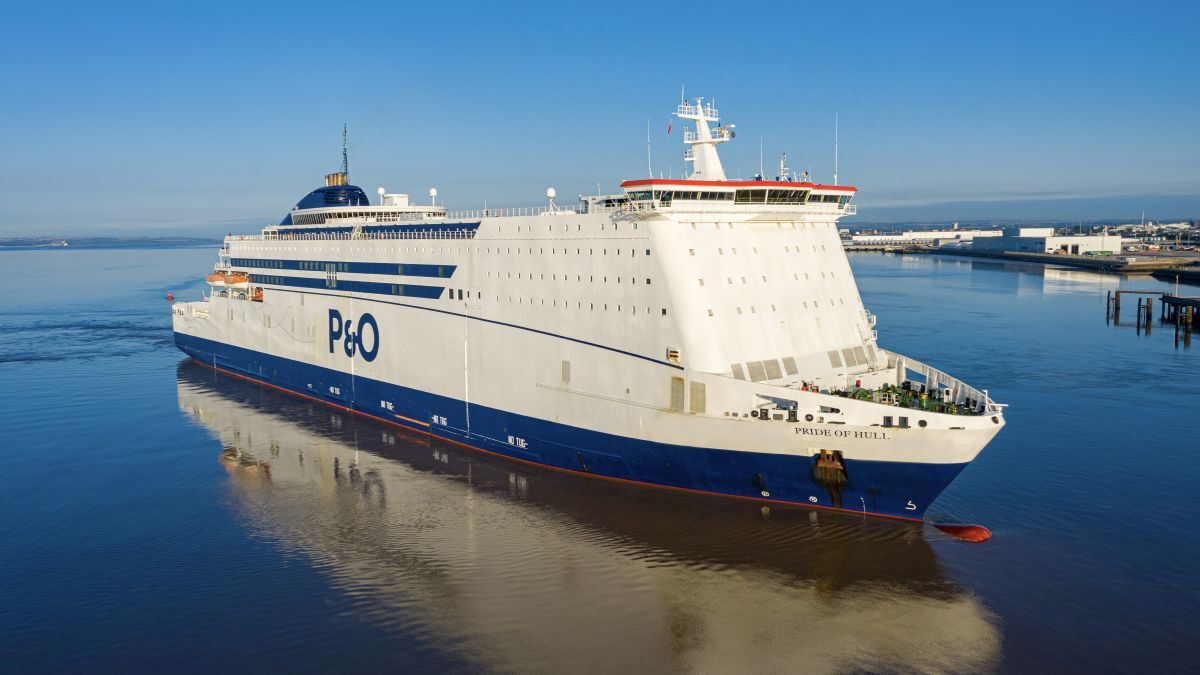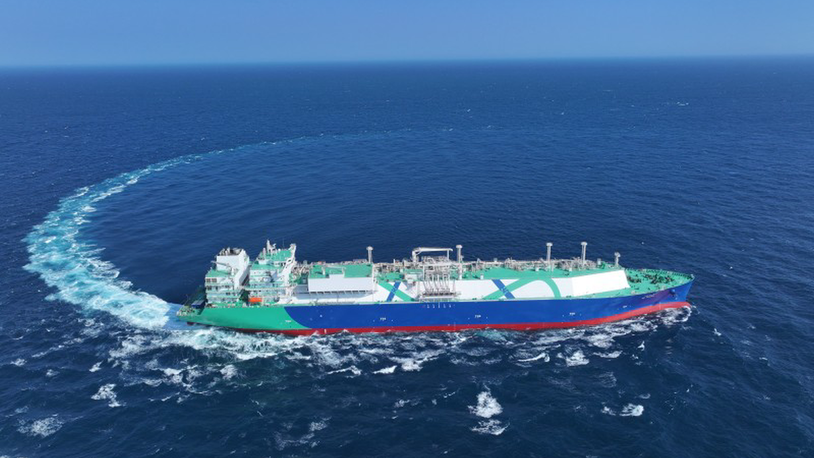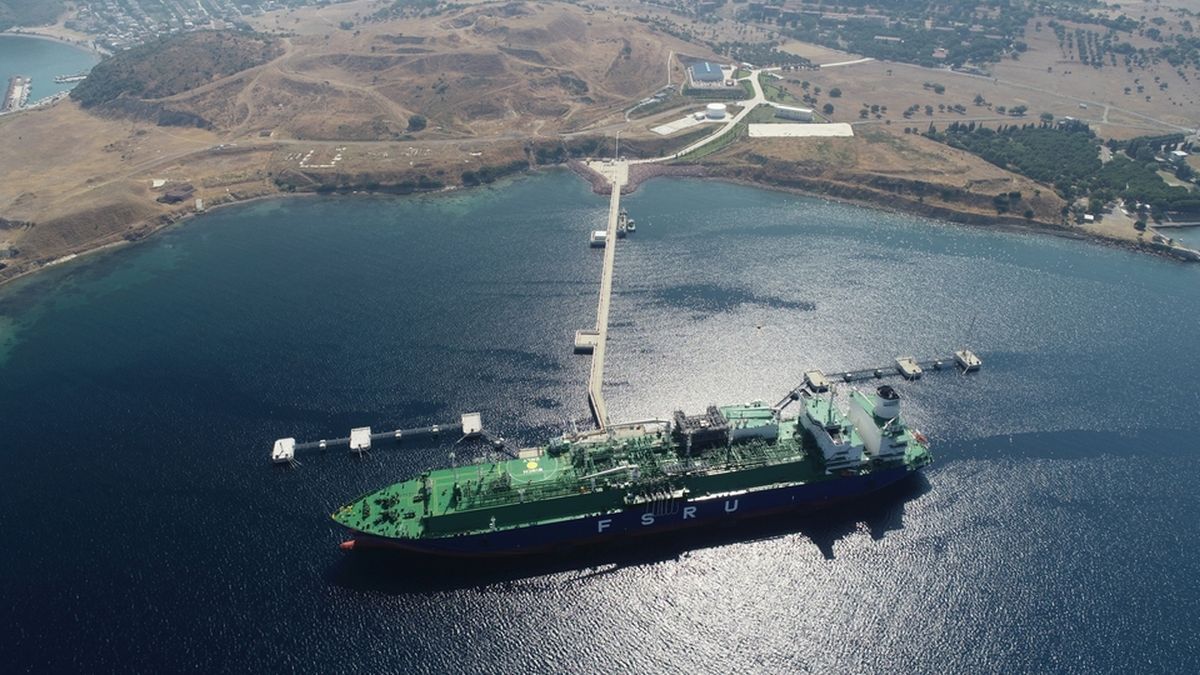Business Sectors
Events
Offshore Wind Webinar Week
Contents
SMM: hydrogen gas combustion unit for H2 boil-off gas earns AiP
Class society DNV has awarded an approval in principle (AiP) for gas combustion unit (GCU) technology for hydrogen boil-off gas
Venting cargo for liquefied hydrogen carriers (LH2 carriers) is restricted, making boil-off gas technology an essential component for LH2 carriers. A GCU is needed to control tank pressure and temperature to safely combust hydrogen boil-off gas (BOG) from a vessel’s storage tank.
DNV awarded its AiP for a GCU developed by Alfa Laval for use on LH2 carriers. The AiP affirms the technical feasibility and safety mechanism of the GCU design and concept.
"DNV’s AiP signifies a major accomplishment for Alfa Laval’s hydrogen GCU design. It paves the way for the development of a GCU prototype that will undergo further testing and type-approval to create a safe and efficient system for managing BOG on liquid hydrogen carriers," Alfa Laval said.
Hydrogen presents challenges around safety and efficiency that differ from other liquefied gases transported at sea in dedicated carriers. Hydrogen has a low boiling point of -253°C and more of the gas escapes, giving the gas what is known as a high ’boil-off rate’ during transport, as compared with liquefied natural gas (LNG). As a light and highly flammable gas, hydrogen GCUs must have highly developed safety considerations.
Alfa Laval said the basis of DNV’s AiP is related to existing LNG GCU technology.
"Alfa Laval’s GCU for LNG provides a strong foundation for the hydrogen application. However, the unique properties of hydrogen demand adjustments to ensure safe and efficient operation. For the industry to confidently transport hydrogen, ensuring the safety and reliability of enabling technologies is paramount," the company said.
Riviera’s Maritime Decarbonisation Conference, Europe 2024 will be held in Amsterdam, 24 September 2024. Click here for more information on this industry-leading event.
Related to this Story
Events
Offshore Wind Webinar Week
Maritime Decarbonisation, Europe: Conference, Awards & Exhibition 2025
Offshore Support Journal Conference, Americas 2025
© 2024 Riviera Maritime Media Ltd.


